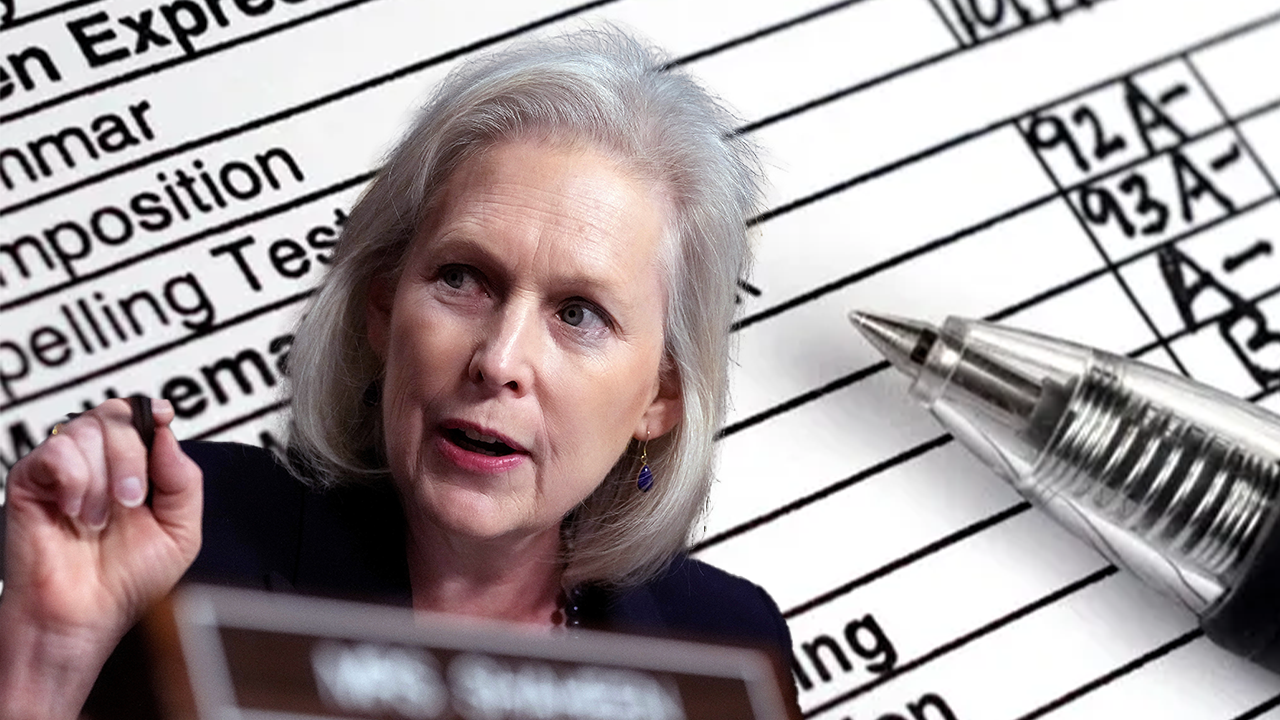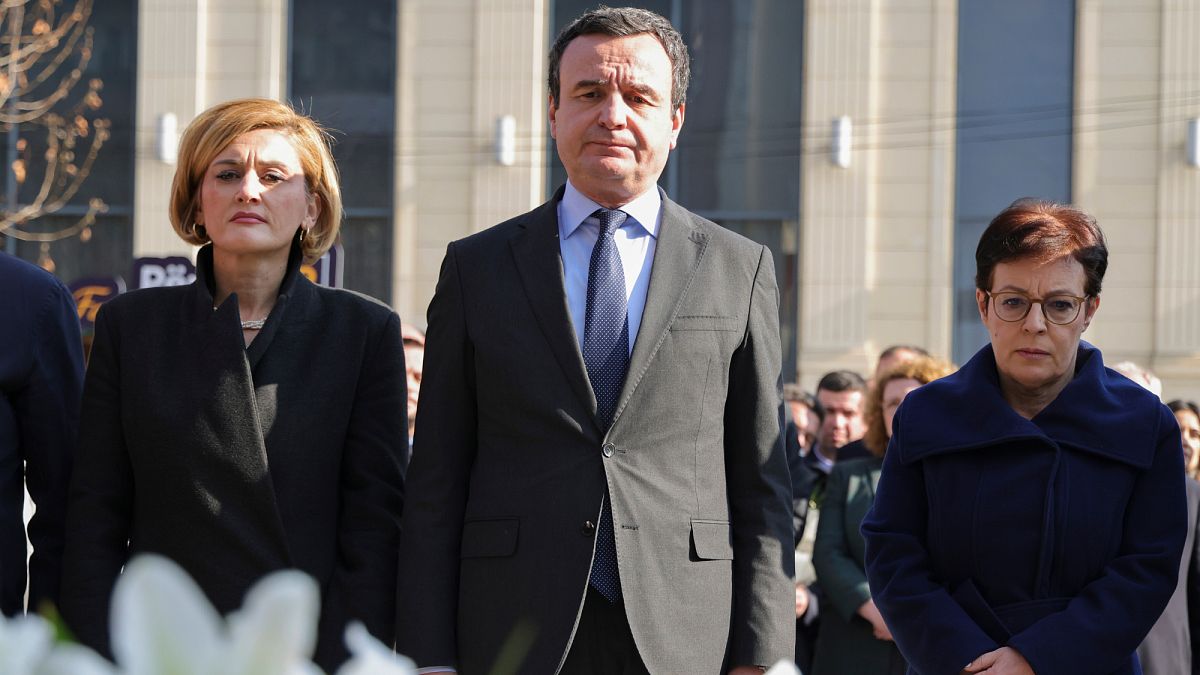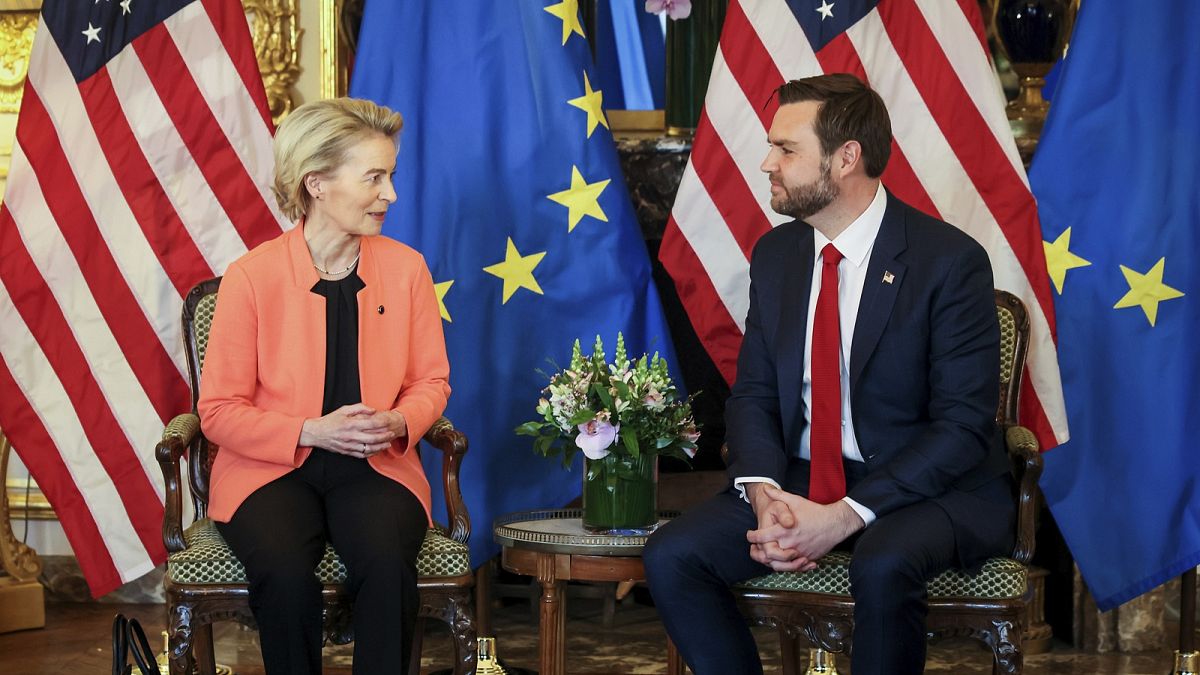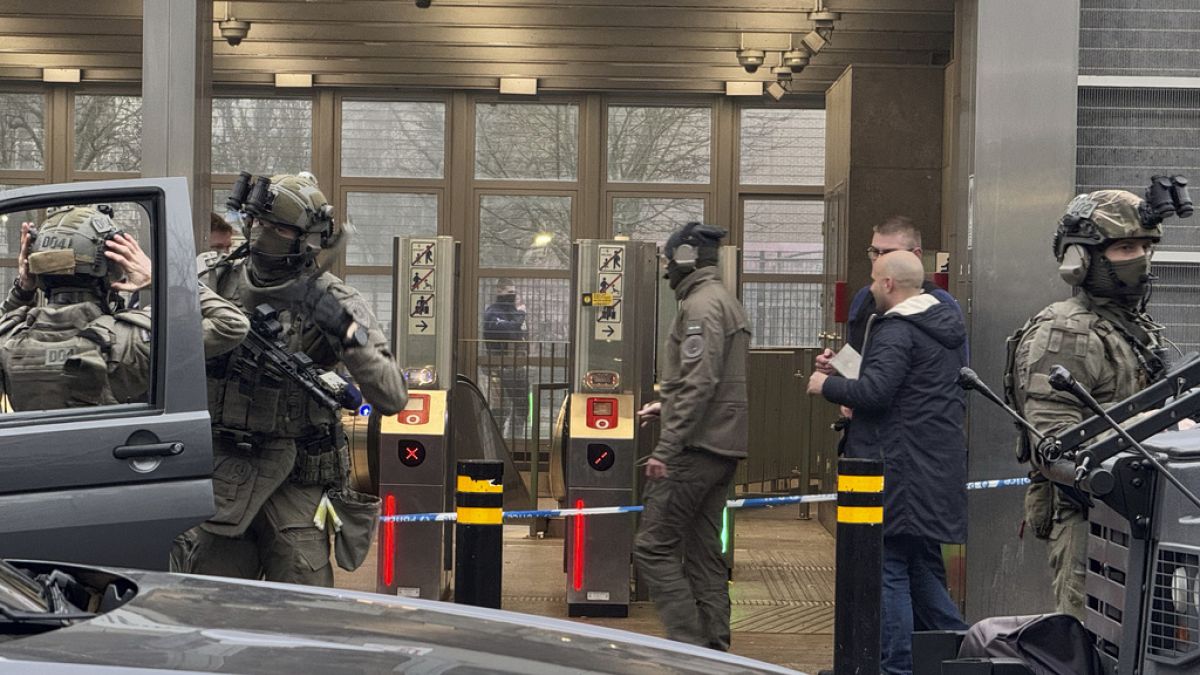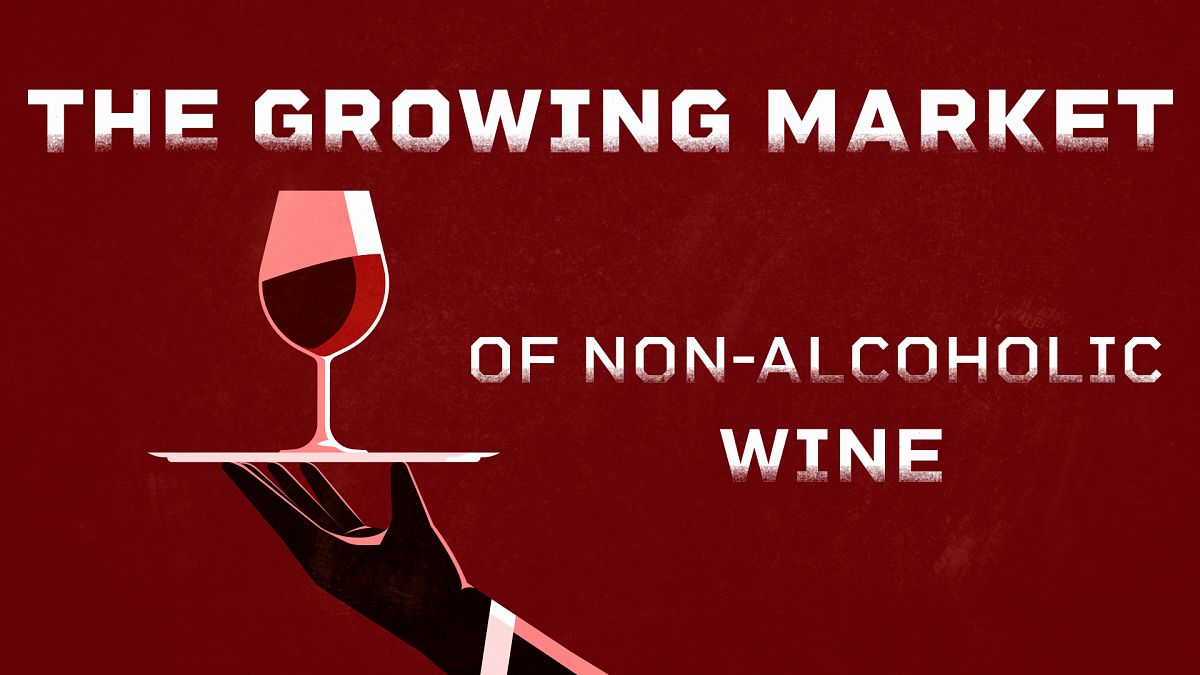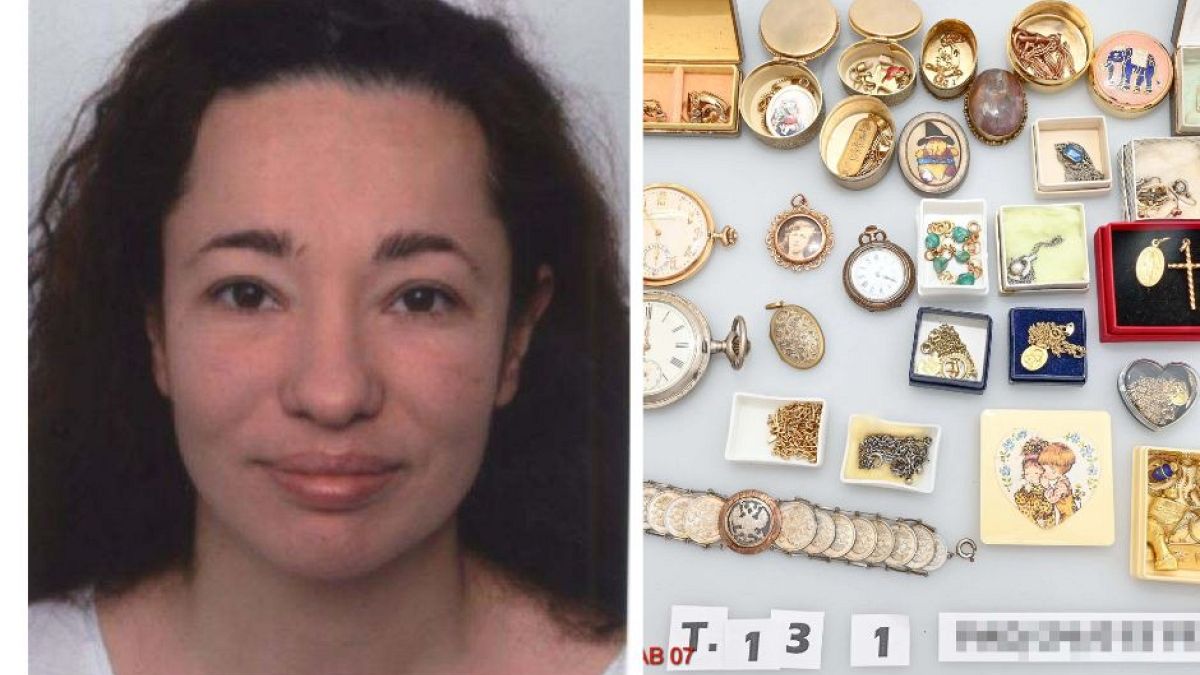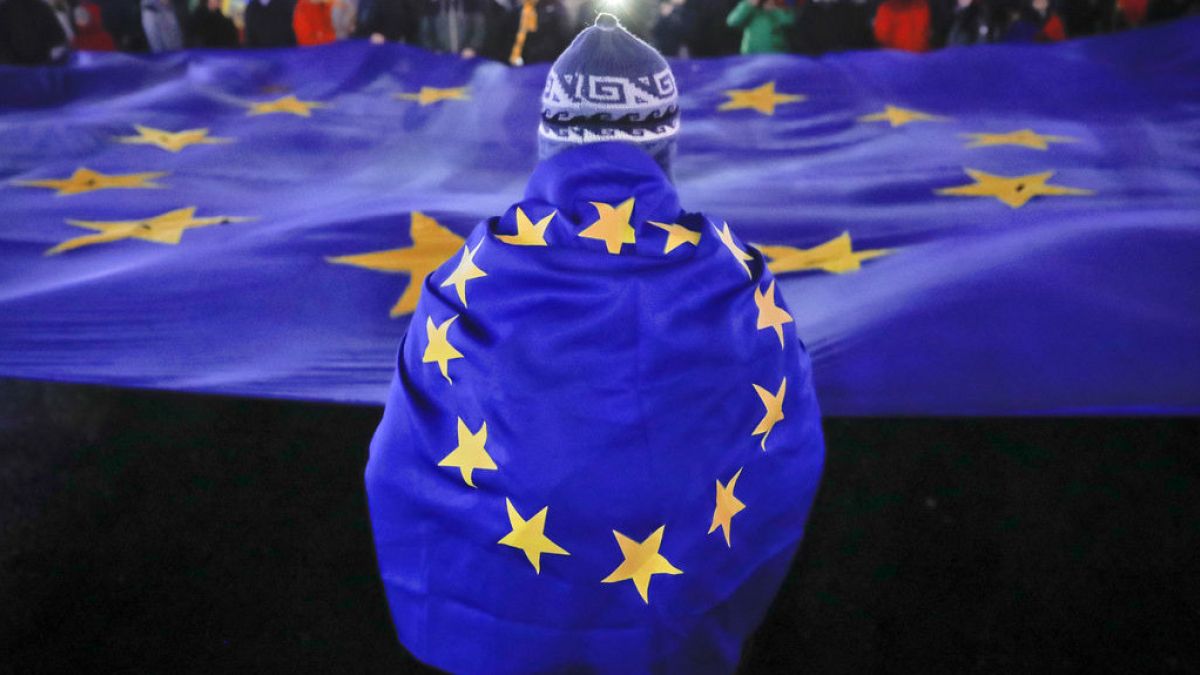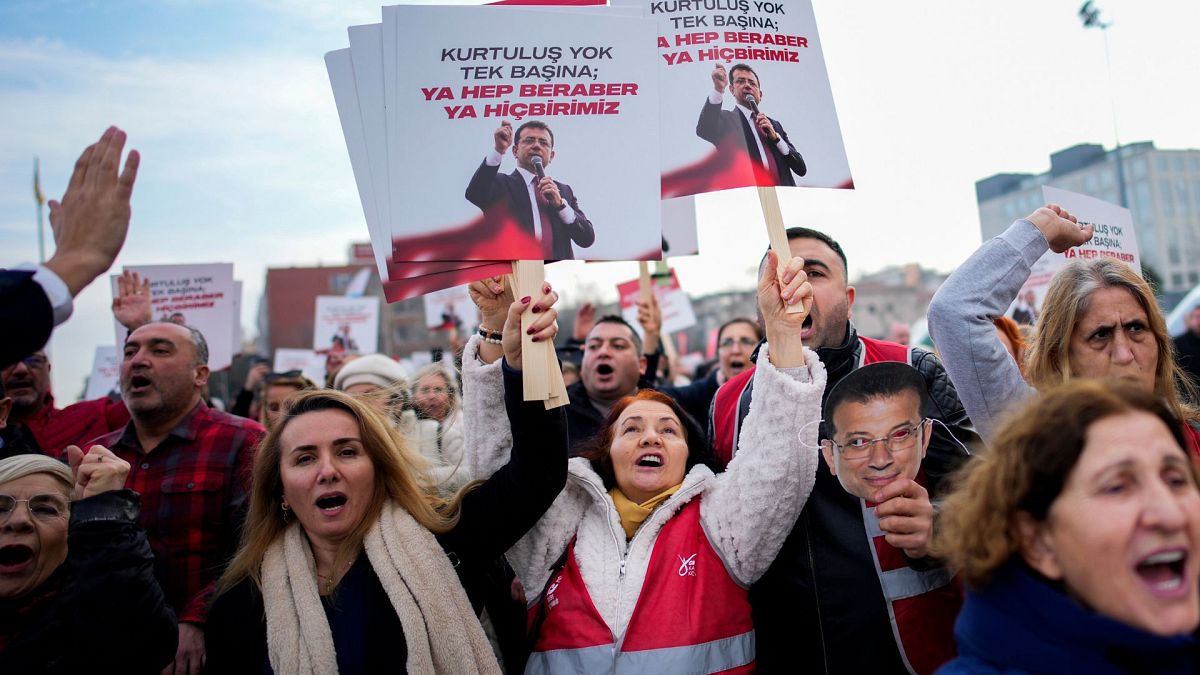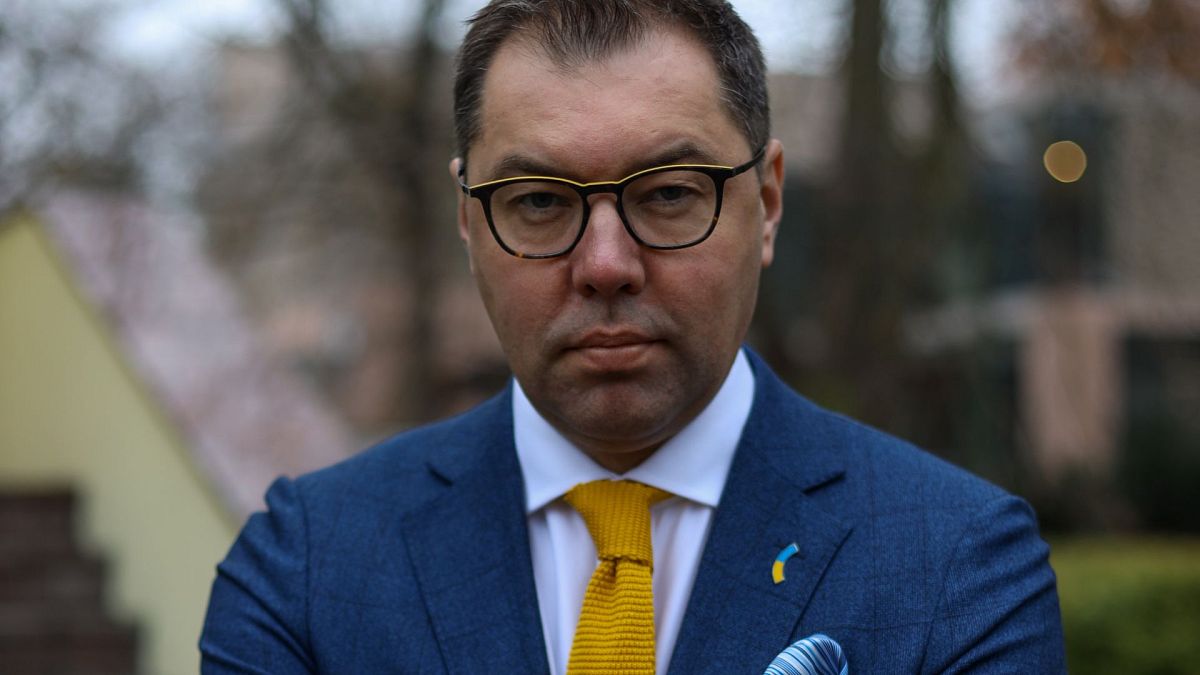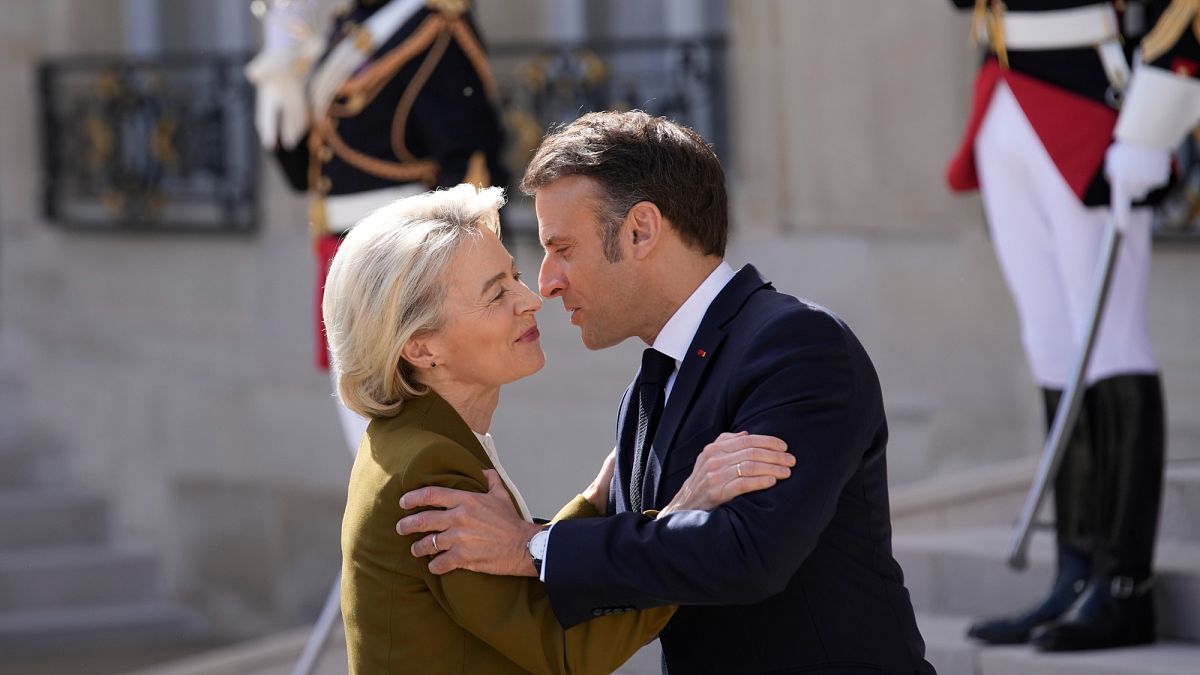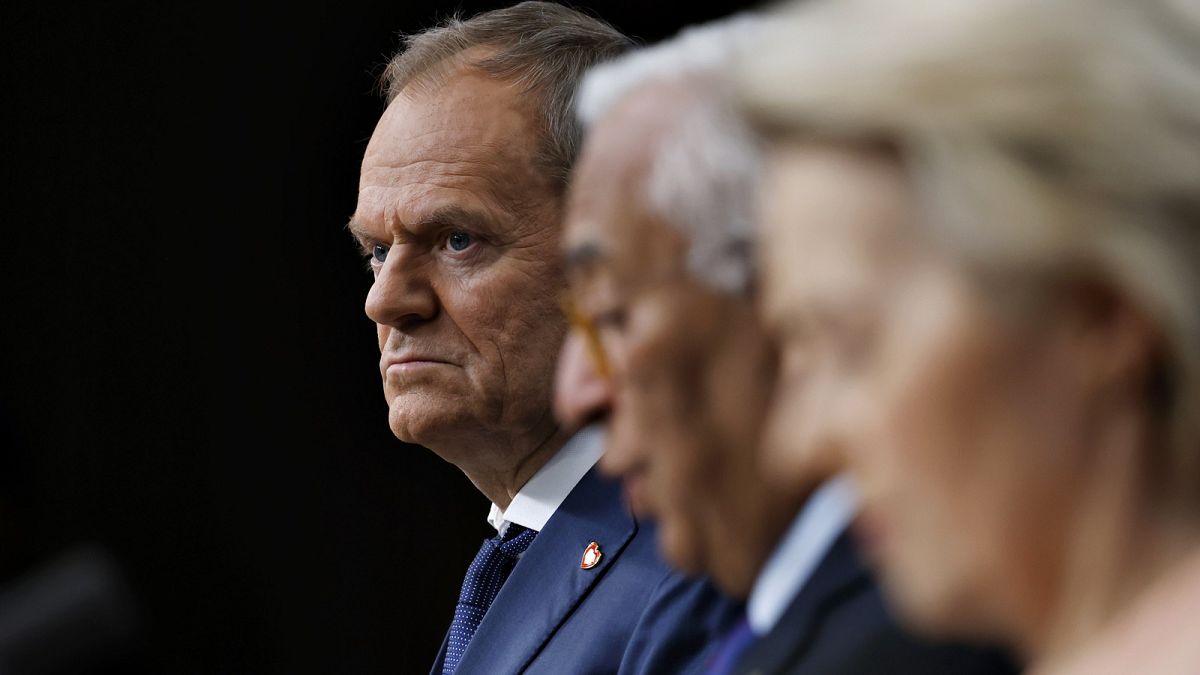Following Sunday’s parliamentary election, a coalition government will now have to be formed as Kosovo looks to normalise ties with Serbia while foreign funding remains in question.
Kosovo Prime Minister Albin Kurti’s left-wing Self-Determination Movement party won the most seats in the country’s parliamentary election. Short of a majority in the house, the party, known as Vetevendosje, will have to enter a coalition to form the next government.
Self-Determination Movement won roughly 41% of the vote, according to the Central Election Commission, the election governing body.
The Democratic Party of Kosovo, or PDK, whose main leaders stand accused of war crimes and are detained at the Netherlands-based international criminal tribunal in The Hague, won around 22% of the vote.
Next, with just under 18% of the vote is the Democratic League of Kosovo, or LDK, the oldest party in the country. The LDK lost much of its support after the death in 2006 of its leader, Ibrahim Rugova. The Alliance for Kosovo’s Future party, led by former prime minister Ramush Haradinaj, garnered 7.44% of the vote.
The turnout, meanwhile, was around 40% according to election officials.
Despite falling short of an election majority, Kurti was upbeat after the results came through. His remarks gave little away in terms of who he might seek to form a coalition government with.
“The people won. Vetevendosje won. We are the winners who will form the next cabinet,” Kurti told journalists as his supporters took to the streets to celebrate.
Challenges ahead
Kurti’s new term will face multiple challenges after Washington froze foreign aid and the European Union suspended funding for certain projects in the country almost two years ago. The prime minister is also under pressure to increase public salaries and pensions, improve education and health services, as well as fight poverty.
Kosovo, with a population of 1.6 million, is one of the poorest countries in Europe with an annual gross domestic product of less than €6,000 euro per capita.
Kurti is also likely to try and repair ties with Western powers, at odds since his cabinet took several steps that raised tensions with Serbia and Kosovo’s ethnic Serbs, including a ban on the use of the Serbian currency, the dinar, and dinar transfers to Kosovo’s ethnic Serb population.
Currently, Kosovo’s ethnic Serb minority in effect depends on Belgrade’s social services and payments.
The US, the EU and the NATO-led stabilisation force in Kosovo, or KFOR, have urged the government in Pristina, Kosovo’s capital, to refrain from unilateral actions, fearing the revival of inter-ethnic conflict.
Talks between Kosovo and Serbia that were backed by the US collapsed in 2023, and were followed by violence which has kept tensions high between the two sides.
The EU’s ambassador to Kosovo, Aivo Orav, expressed hope that the formation of a new cabinet would be “smooth”. He said that the new government should meet the expectations of the population, most of whom support Kosovo’s desire to join the 27-nation bloc.
“Normalisation of relations is a must for Kosovo and for Serbia,” he said.
The election marked the first time since independence in 2008 that Kosovo’s parliament completed a full four-year mandate. It was the ninth parliamentary vote in Kosovo since the end of the 1998-1999 war between Serbian government forces and ethnic Albanian separatists that pushed Serbian forces out following a 78-day NATO air campaign.
